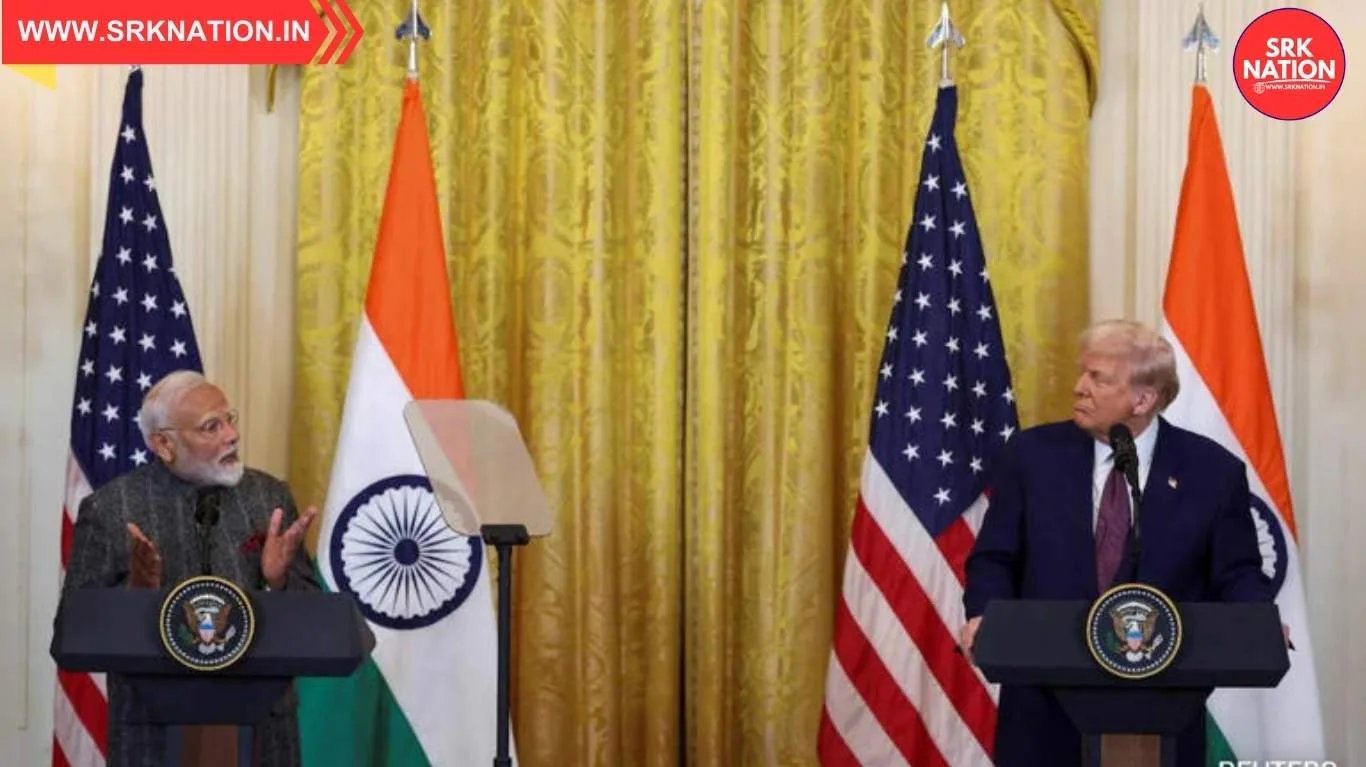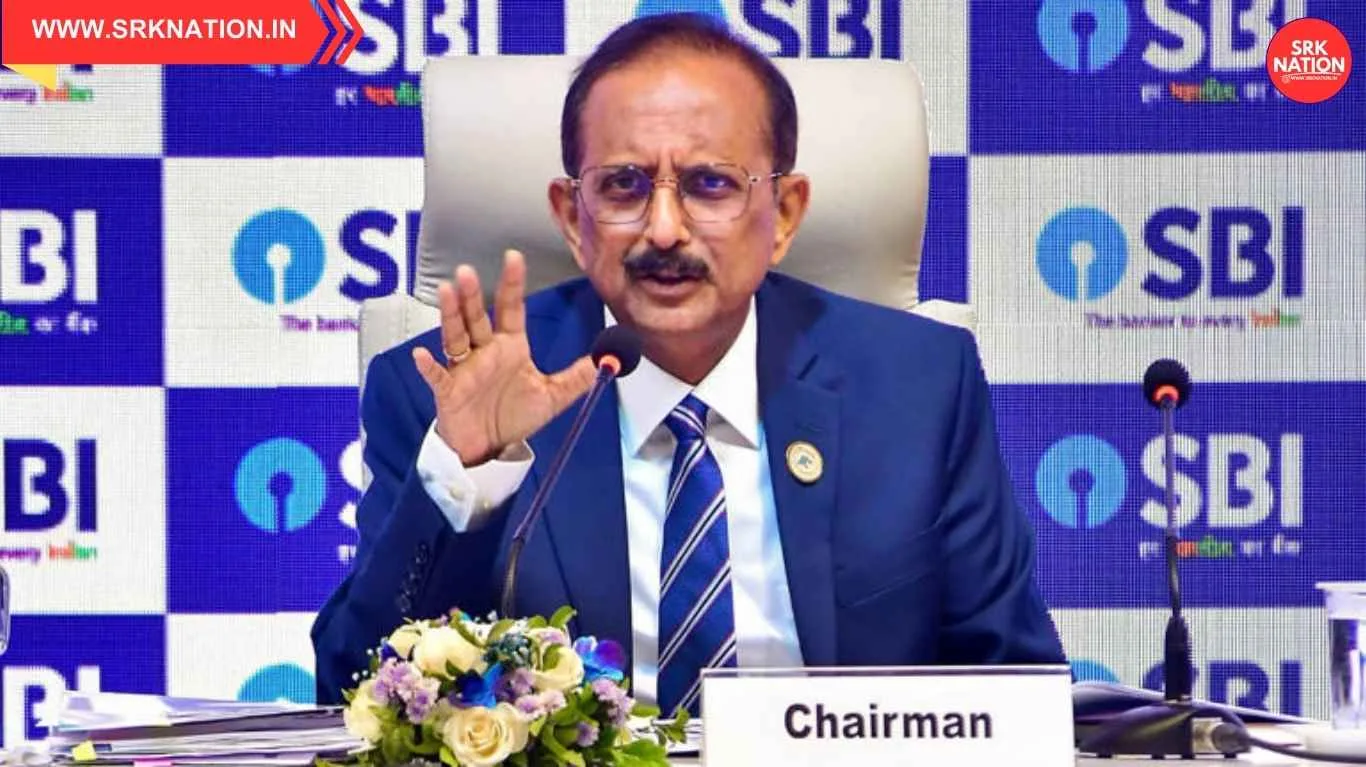In a major decision aimed at enhancing formal credit access for farmers and micro, small, and medium enterprises (MSMEs), the Reserve Bank of India (RBI) has issued a fresh notification permitting banks to accept voluntary pledges of gold and silver as collateral for extending loans under agriculture and MSME categories.
This move comes amidst the central bank’s efforts to strengthen financial inclusion, ensure credit flow to productive sectors, and reduce dependence on informal moneylenders, especially in rural and semi-urban areas.
What does the RBI notification say?
According to the official circular issued on Monday, all scheduled commercial banks, regional rural banks (RRBs), and cooperative banks can accept voluntarily pledged gold and silver ornaments, jewellery, or bullion as collateral to sanction agriculture and MSME loans under existing regulatory frameworks.
The notification clearly states:
- The pledged gold or silver must be voluntarily offered by the borrower with full ownership proof.
- Banks are required to maintain robust documentation, purity verification, and safe custody protocols to avoid operational and legal risks.
- The collateralisation must adhere to fair valuation practices based on current market prices declared by RBI approved valuers or agencies.
- Agriculture, dairy, fisheries, and allied sector loans backed by gold or silver collateral will continue to qualify for Priority Sector Lending (PSL) benefits as per existing norms.
Why has RBI introduced this measure?
| Key Objective | Explanation |
|---|---|
| Enhance rural credit flow | Farmers often possess gold as family savings but lack land titles or formal income proofs. Allowing gold as collateral helps them access bank loans for seeds, fertilisers, and machinery. |
| Reduce informal lending dependence | Gold-backed informal loans carry exorbitant interest rates (2-5% per month). RBI’s step will shift borrowers to formal credit at regulated rates. |
| Support MSMEs facing cash flow constraints | Many MSME owners keep gold/silver as assets. Pledging them for working capital or equipment loans ensures business continuity. |
| Boost credit discipline and recovery | Gold loans have low default rates due to emotional attachment with jewellery and better collateral value security for banks. |
Impact on Indian banking and economy
Economists note that the move will unlock idle household assets worth billions and channel them into the productive economy. India is estimated to hold over 25,000 tonnes of gold, mostly in households and temples, valued at USD 1.5 trillion.
For banks, this:
- Reduces unsecured loan exposure risks.
- Ensures priority sector lending targets are met efficiently.
- Enhances financial inclusion for small borrowers otherwise denied loans due to lack of documentation or land records.
What type of loans will be covered?
- Crop loans for agriculture operations
- Term loans for dairy, poultry, fisheries, horticulture, aquaculture
- Working capital loans for MSMEs
- Equipment purchase or modernisation loans under MSME schemes
The interest rates will remain as per bank policies for gold-backed credit, generally lower than unsecured personal or business loans.
Expert reactions
Ramesh Iyer, MD of a leading rural NBFC, stated:
“Allowing gold and silver pledges for agriculture and MSME credit is a prudent step. It balances financial security for banks with easy credit for borrowers. Default risks remain low in gold loans.”
Economist Dr. Nisha Gupta added:
“The move will integrate the informal gold loan market into formal banking. It also aligns with India’s gold monetisation objectives, though it does not directly channel gold to monetisation schemes.”
Operational challenges highlighted
While the decision is welcomed by industry and farmer associations, banking experts flagged certain challenges:
- Ensuring purity testing standards across branches, especially in rural areas lacking hallmarking centres.
- Managing storage security and insurance for pledged gold or silver.
- Avoiding coercive collateralisation practices and maintaining the ‘voluntary pledge’ principle to protect borrower rights.
RBI has directed banks to frame board-approved gold/silver pledge policies with strong customer protection and transparency measures.
Gold vs silver pledges: Expected trends
Though gold pledging dominates Indian collateral-based lending, RBI’s inclusion of silver offers additional support to communities in tribal belts, western states, and areas where silver ornaments are culturally predominant.
| Metal | Traditional use as collateral | Loan-to-value (LTV) ratio |
|---|---|---|
| Gold | Widely accepted by banks and NBFCs | Up to 75% of market value |
| Silver | Rarely used formally; used in informal sector | Likely to be capped below gold LTV due to volatility |
Agriculture sector perspective
Farmer leaders and agricultural economists believe the step will:
- Increase timely crop loan access during sowing seasons.
- Empower women farmers who often hold family gold assets but are excluded from land-title-based credit.
- Prevent distress land sales due to lack of working capital or emergency funds.
Rajendra Deshmukh, a farmer from Maharashtra, said:
“We keep gold for emergencies but moneylenders exploit us. Bank gold loans are cheaper. If farm loans also come against gold, it will ease our lives.”
MSME sector perspective
MSME associations highlight that the RBI move will:
- Facilitate small business owners to raise quick collateral-backed funds for inventory or machinery without lengthy asset registration processes.
- Enhance liquidity for seasonal businesses like textiles, handicrafts, and small manufacturing units.
Global examples
Countries like Thailand and Indonesia have robust gold-backed agriculture credit schemes under their rural banks and cooperative models, ensuring formalisation of gold’s economic utility while safeguarding household security assets.
RBI’s caution to banks
In its notification, RBI has warned banks against:
- Over-lending or gold over-valuation to avoid asset bubbles.
- Harsh recovery measures that violate fair banking norms.
- Non-compliance with AML (anti-money laundering) standards while accepting high-value precious metal pledges.
Way forward: Implementation roadmap
- Banks to issue revised gold/silver loan policies within 30-45 days.
- Staff training on valuation, documentation, and ethical lending practices.
- Collaboration with BIS-approved assayers and hallmarking centres.
- Awareness drives in rural areas and MSME clusters about the new collateral option.
Conclusion
The RBI’s decision to allow voluntary gold and silver pledges for agriculture and MSME loans is a transformative financial inclusion measure with potential to unlock household assets, reduce dependence on informal lenders, and strengthen India’s productive economy. Effective implementation with robust customer protection will be key to realising its full benefits for farmers, MSMEs, and banks alike.
Disclaimer
This article is based on RBI’s official notification, banking sector statements, and expert analyses as of July 2025. Readers are advised to check individual bank policies, loan terms, and updated guidelines before making financial decisions. The publication bears no liability for actions taken based on this news content.











